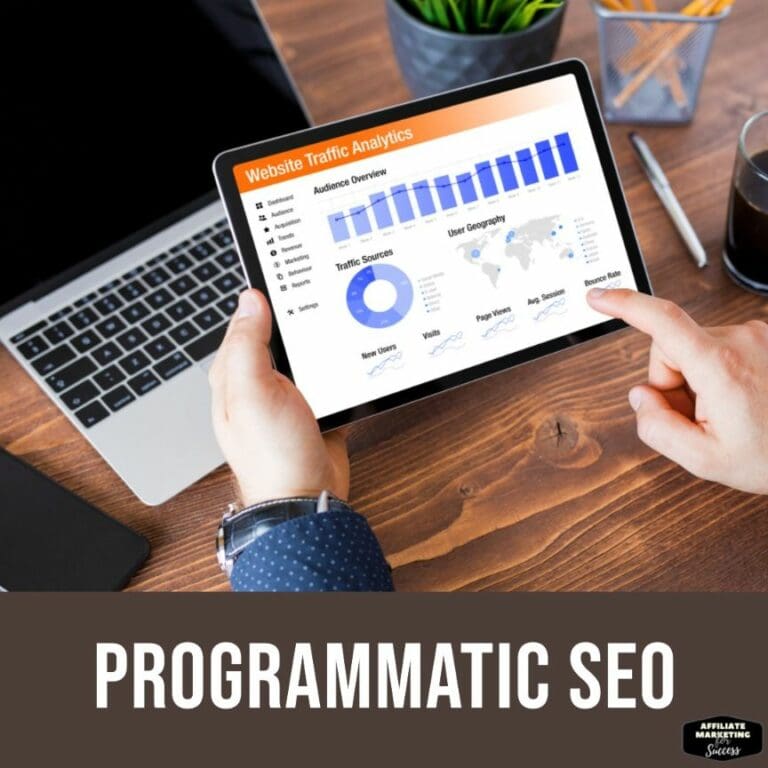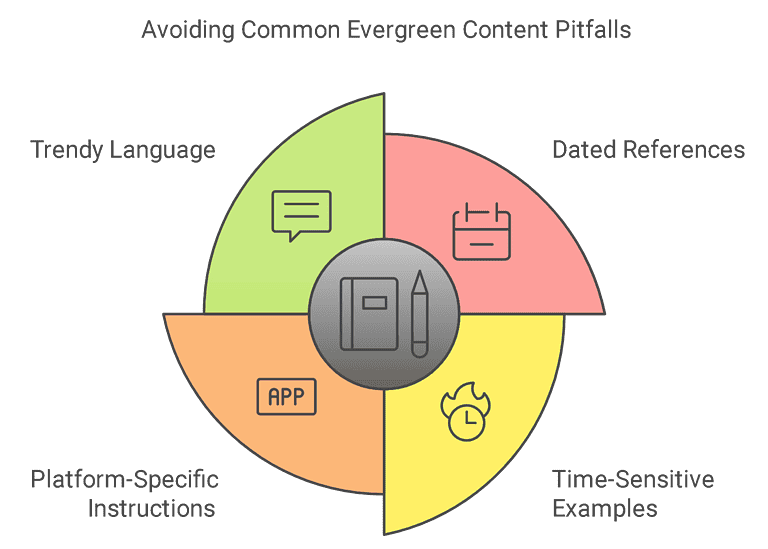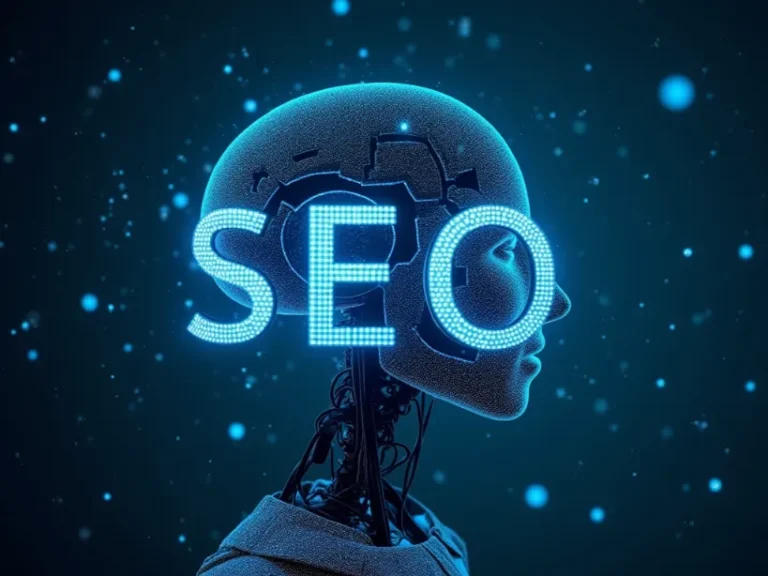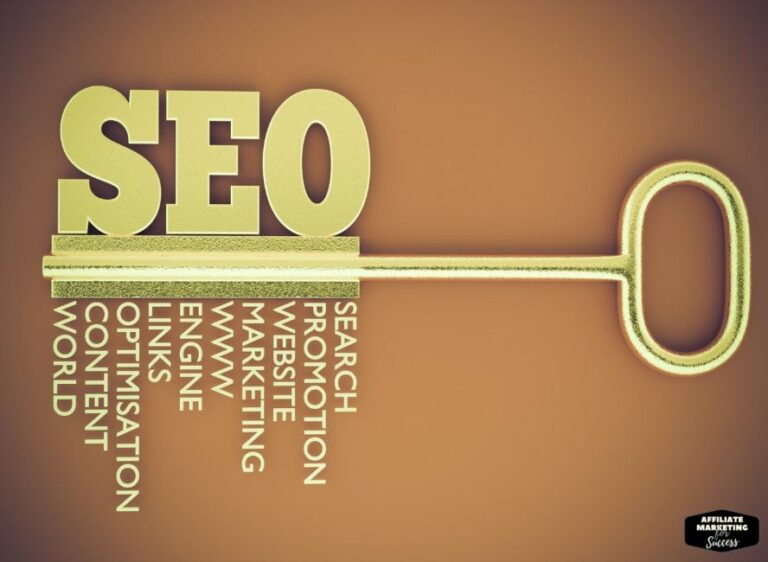Mastering Programmatic SEO: Scale Your Organic Traffic in 2025
Imagine creating thousands of perfectly optimized web pages while you sleep, each targeting specific long-tail keywords and delivering exactly what searchers want. This isn’t science fiction—it’s programmatic SEO, and it’s revolutionizing how businesses approach search engine optimization.
In today’s digital landscape, where 68% of online experiences begin with a search engine and 53% of all website traffic comes from organic search, mastering programmatic SEO isn’t just an advantage—it’s essential for survival. When combined with long-term content strategy, programmatic SEO becomes an unstoppable force for organic growth.
Key Takeaways:
- Programmatic SEO automates creating thousands of targeted pages for long-tail keywords, boosting organic traffic efficiently.
- Focus on low-competition keywords, matching search intent, and delivering fast, mobile-friendly, unique content.
- Use data-driven research, dynamic templates, and continuous optimization to scale effectively.
- Avoid thin/duplicate content and poor user experience by adding unique, relevant information.
- Enhance with AI tools for personalization, content quality, and multi-template strategies.
- Track key metrics like traffic, rankings, CTR, and conversions; combine with traditional SEO for best results.
What is Programmatic SEO?

Programmatic SEO is the practice of automatically creating large numbers of web pages using templates and data to target specific search queries at scale. Unlike traditional SEO, which focuses on manually optimizing individual pages, programmatic SEO leverages automation to create hundreds or thousands of pages simultaneously.
This approach perfectly complements types of evergreen content by creating scalable, long-lasting pages that continue driving traffic for years.
Real-World Success Stories:
- Zapier has created over 800,000 pages targeting app integration searches, generating 306,000+ monthly organic visits
- TripAdvisor uses programmatic SEO to create location-specific hotel pages for every city worldwide
- Wise generates 4.6+ million monthly organic visits through 14,888 programmatically created pages
The Power of Programmatic SEO: Why It Works
1. Massive Scale Without Massive Effort
Traditional content creation might produce 10-20 pages per month. Programmatic SEO can generate thousands in the same timeframe, each targeting specific user intents and keywords. This scalability is particularly powerful when combined with AI-powered tools like ChatGPT for content enhancement.
2. Hyper-Targeted Content
By analyzing search data, programmatic SEO identifies and targets thousands of long-tail keywords that individually might have low search volume but collectively drive substantial traffic. Understanding how ChatGPT works can help you leverage AI for better keyword research and content optimization.
3. Cost-Effective Growth
Once your templates and systems are in place, the marginal cost of creating additional pages approaches zero, making it incredibly efficient for scaling. This efficiency rivals even the best ChatGPT alternatives for 2023 in terms of ROI.
The Three Pillars of Successful Programmatic SEO

Pillar 1: Low-Competition Keywords
The foundation of programmatic SEO lies in targeting keywords with:
- Keyword Difficulty (KD) scores of 0-29
- Specific search intent
- Clear user needs
Pro Tip: Use tools like Ahrefs, SEMrush, or Ubersuggest to identify keyword clusters with similar intent but different modifiers (location, product type, use case, etc.). Mastering prompt engineering can help you generate better keyword variations using AI tools.
Pillar 2: Search Intent Alignment
Every page must perfectly match what users are looking for. The four main search intents are:
- Informational: “How to…” queries
- Navigational: Brand or specific site searches
- Commercial: Product comparisons and reviews
- Transactional: Ready-to-buy searches
Understanding search intent is crucial for startup success with ChatGPT and programmatic SEO alike.
Pillar 3: Exceptional User Experience
Google’s algorithm prioritizes user satisfaction. Your programmatically created pages must deliver:
- Fast load times (under 3 seconds)
- Mobile optimization (60%+ of searches are mobile)
- Clear navigation and structure
- Unique, valuable content (not thin or duplicate)
🚀 Programmatic SEO Calculator & Planner
Calculate the potential scale and structure of your programmatic SEO campaign
📊 Programmatic SEO Projections
URL Structure Preview:
💡 Programmatic SEO Best Practices
- Data Quality: Ensure your data sources are accurate and comprehensive
- Template Uniqueness: Create templates that provide genuine value, not thin content
- Internal Linking: Build a strong internal linking structure between generated pages
- Monitor Performance: Track which templates perform best and iterate
Step-by-Step Guide to Implementing Programmatic SEO
Step 1: Choose Your Niche and Model
Select a niche where:
- You can access reliable data at scale
- Search patterns are predictable
- Competition isn’t dominated by major brands
Example Models:
- Location + Service (e.g., “plumbers in [city]”)
- Product + Comparison (e.g., “[product A] vs [product B]” – similar to Bard vs GPT-4 comparisons)
- Industry + Statistics (e.g., “[industry] statistics [year]”)
Step 2: Conduct Data-Driven Keyword Research
- Use keyword research tools to find seed keywords
- Identify patterns in search queries
- Group keywords by intent and structure
- Validate search volume and competition levels
Essential Tools:
- Google Keyword Planner (free)
- Ahrefs Keywords Explorer
- SEMrush Keyword Magic Tool
- Answer The Public (for question-based queries)
Learning ChatGPT use cases can help you understand how AI can enhance your keyword research process.
Step 3: Source and Organize Your Data
Quality data is the lifeblood of programmatic SEO. Sources include:
- APIs from relevant services
- Web scraping (ethically and legally)
- Public databases and datasets
- Internal business data
Data Organization Best Practices:
- Use structured formats (CSV, JSON)
- Clean and validate all data
- Create relationships between data points
- Regular updates to maintain accuracy
Step 4: Create Dynamic Templates
Your templates should be:
- Flexible enough to accommodate data variations
- SEO-optimized with proper heading structure
- User-friendly with clear layouts
- Conversion-focused with clear CTAs
Template Elements to Include:
Preview
Code
- Dynamic Title Tags: {Service} in {Location} - {Brand}
- Meta Descriptions with variables
- H1-H6 heading structure
- Schema markup for rich snippets
- Internal linking patterns
- Unique content sections
Step 5: Implement and Scale
- Start small with 50-100 pages to test
- Monitor performance closely
- Iterate based on data
- Scale gradually to thousands of pages
Step 6: Continuous Optimization
Programmatic SEO isn’t “set and forget.” Regular optimization includes:
- A/B testing different template variations
- Updating data to maintain accuracy
- Monitoring for algorithm changes
- Improving underperforming pages
Common Pitfalls and How to Avoid Them

1. Thin Content
Problem: Pages with minimal unique value
Solution: Ensure each page has substantial, unique content beyond just changing variables. Consider exploring prompt engineering jobs to find professionals who can help create quality content at scale.
2. Duplicate Content Issues
Problem: Pages that are too similar
Solution: Vary content structure, add unique sections, use canonical tags appropriately
3. Poor User Experience
Problem: Template-based pages that feel robotic
Solution: Add human touches, local insights, and genuine value. Taking a prompt engineering course can help you create more natural-sounding content.
4. Ignoring Search Intent
Problem: Creating pages that don’t match user needs
Solution: Thoroughly research and understand intent before creating templates
Advanced Programmatic SEO Strategies
1. Dynamic Content Personalization
Use visitor data to customize content in real-time:
- Location-based recommendations
- Previous search history integration
- Device-specific optimizations
2. AI-Powered Content Enhancement
Leverage AI tools like GPT-4 to:
- Generate unique introductions
- Create location-specific insights
- Develop FAQ sections
Understanding ChatGPT prompts for marketing can significantly improve your content quality.
3. Multi-Template Strategies
Create different templates for:
- Different stages of the buyer journey
- Various search intents
- Seasonal variations
Measuring Success: Key Metrics to Track

Essential KPIs:
- Organic Traffic Growth – Month-over-month increases
- Keyword Rankings – Position improvements for target terms
- Click-Through Rates – From search results
- Conversion Rates – From organic traffic
- Page Indexation Rate – Percentage of pages indexed by Google
- User Engagement Metrics – Time on page, bounce rate
Tools for Tracking:
- Google Analytics 4
- Google Search Console
- Ahrefs or SEMrush for rankings
- Custom dashboards for scale monitoring
Programmatic SEO Best Practices
1. Focus on Quality Over Quantity
While programmatic SEO enables massive scale, quality should never be sacrificed. Each page should provide genuine value to users.
2. Implement Robust Internal Linking
Create a strong internal linking structure that helps both users and search engines navigate your content effectively.
3. Regular Content Updates
Keep your programmatically generated content fresh and accurate with regular updates based on new data.
4. Monitor for Algorithm Changes
Stay informed about Google algorithm updates and adjust your strategy accordingly.
5. Combine with Traditional SEO
Programmatic SEO works best when combined with traditional SEO tactics for your most important pages.
The Future of Programmatic SEO

As we look toward 2025 and beyond, several trends are shaping programmatic SEO:
1. AI Integration
Machine learning will enable:
- Better content generation
- Predictive keyword targeting
- Automated optimization
Exploring awesome ChatGPT prompts can give you ideas for AI-enhanced content creation.
2. Voice Search Optimization
Programmatic pages will need to target:
- Conversational queries
- Question-based searches
- Local voice searches
3. Entity-Based SEO
Focus will shift from keywords to:
- Topic clusters
- Entity relationships
- Semantic search optimization
Real-World Implementation Examples
E-commerce Example: Product Comparison Pages
Create thousands of product comparison pages using:
- Template: “[Product A] vs [Product B]: Which is Better in 2024?”
- Data Sources: Product specifications, prices, reviews
- Unique Elements: Pros/cons lists, user ratings, expert opinions
Local Service Example: City + Service Pages
Generate location-specific service pages:
- Template: “[Service] in [City]: Find the Best [Professionals] Near You”
- Data Sources: Business directories, review sites, local data
- Unique Elements: Local insights, pricing ranges, service areas
SaaS Example: Integration Pages
Build comprehensive integration pages:
- Template: “How to Connect [App A] with [App B]: Complete Integration Guide”
- Data Sources: API documentation, user guides, feature lists
- Unique Elements: Step-by-step tutorials, use cases, troubleshooting
Tools and Resources for Programmatic SEO Success
Essential Tools:
-
Keyword Research:
- Ahrefs
- SEMrush
- Ubersuggest
-
Content Management:
- Webflow (for no-code implementation)
- WordPress with custom plugins
- Headless CMS solutions
-
Data Management:
- Google Sheets with Apps Script
- Airtable
- Custom databases
-
Monitoring and Analytics:
- Google Analytics 4
- Google Search Console
- Custom dashboards
Conclusion: Your Programmatic SEO Action Plan
Programmatic SEO represents a paradigm shift in how we approach search engine optimization. By combining data, automation, and strategic thinking, businesses can achieve unprecedented scale and efficiency in their SEO efforts.
Your Next Steps:
- Audit your current SEO to identify programmatic opportunities
- Choose one model to test with 50-100 pages
- Invest in the right tools for your needs
- Start collecting and organizing data
- Create your first template and test thoroughly
- Scale based on performance data
Remember: Programmatic SEO isn’t about gaming the system—it’s about efficiently delivering value to users at scale. When done right, it creates a win-win situation where businesses grow their organic presence while users find exactly what they’re looking for.
The businesses that master programmatic SEO today will dominate their markets tomorrow. The question isn’t whether you should implement programmatic SEO, but how quickly you can start.
Ready to transform your SEO strategy? Start small, think big, and let data guide your way to programmatic SEO success. The future of SEO is automated, scalable, and more powerful than ever before.
References:
- https://leadorigin.com/programmatic-seo/
- https://direction.com/programmatic-content-for-seo/
- https://connectivewebdesign.com/blog/programmatic-seo
- https://contentatscale.ai/blog/what-is-programmatic-seo/
- https://direction.com/key-components-of-programmatic-seo/
- https://www.semrush.com/blog/how-to-use-reddit-keyword-research-content-marketing-strategy/
- https://www.areaten.com/the-role-of-data-analysis-in-programmatic-seo/
- https://seovendor.co/enhancing-user-experience-with-programmatic-seo-techniques/
- https://gomediashark.com/content-and-seo/
- https://www.semrush.com/blog/dynamic-content/
- https://www.semrush.com/blog/programmatic-seo/
- https://ahrefs.com/blog/programmatic-seo/
- https://breaktheweb.agency/seo/programmatic-seo/
- https://nestify.io/blog/programmatic-seo-guide/
- https://speedybrand.io/blogs/programmatic-seo
- https://madhawks.com/in/blog/programmatic-seo-here-s-everything-you-need-to-know
- https://www.orangeseo.net/blog/2023/7/28/programmatic-seo-enhancing-organic-traffic-through-data-driven-strategies
- https://direction.com/programmatic-optimization/
- https://www.linkedin.com/pulse/programmatic-seo-comprehensive-guide-2024-openwordai-vxxbf
- https://seomator.com/blog/what-is-programmatic-seo
- https://diggitymarketing.com/case-study-programmatic-seo/
- https://storychief.io/blog/programmatic-seo
I’m Alexios Papaioannou, an experienced affiliate marketer and content creator. With a decade of expertise, I excel in crafting engaging blog posts to boost your brand. My love for running fuels my creativity. Let’s create exceptional content together!







